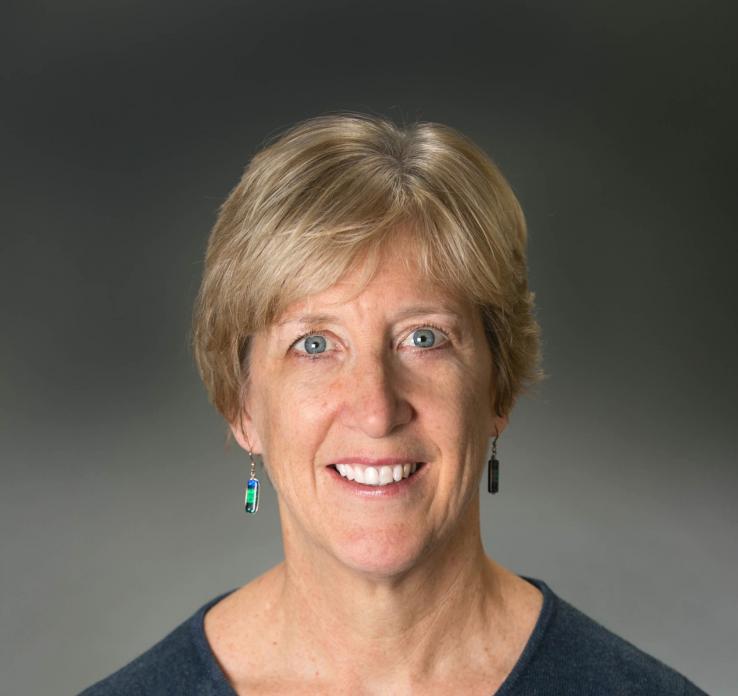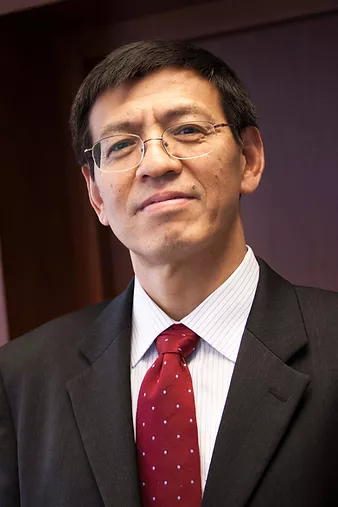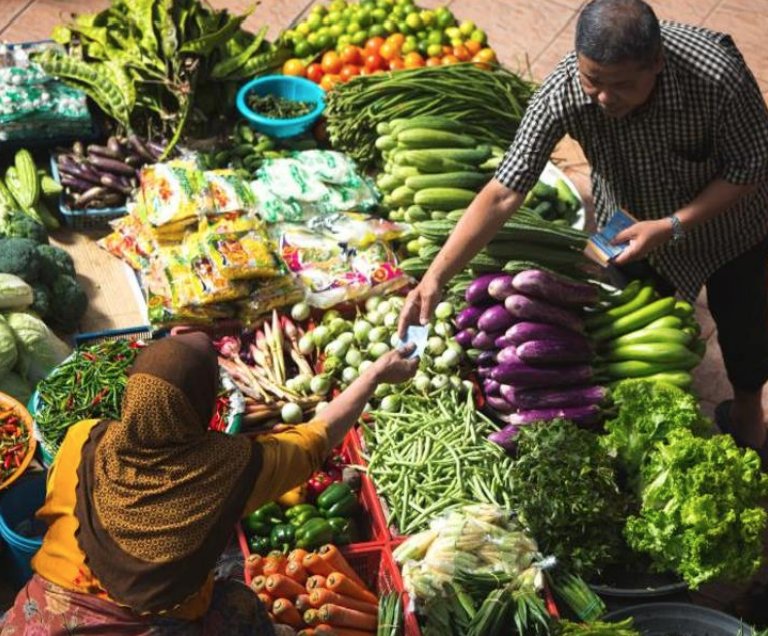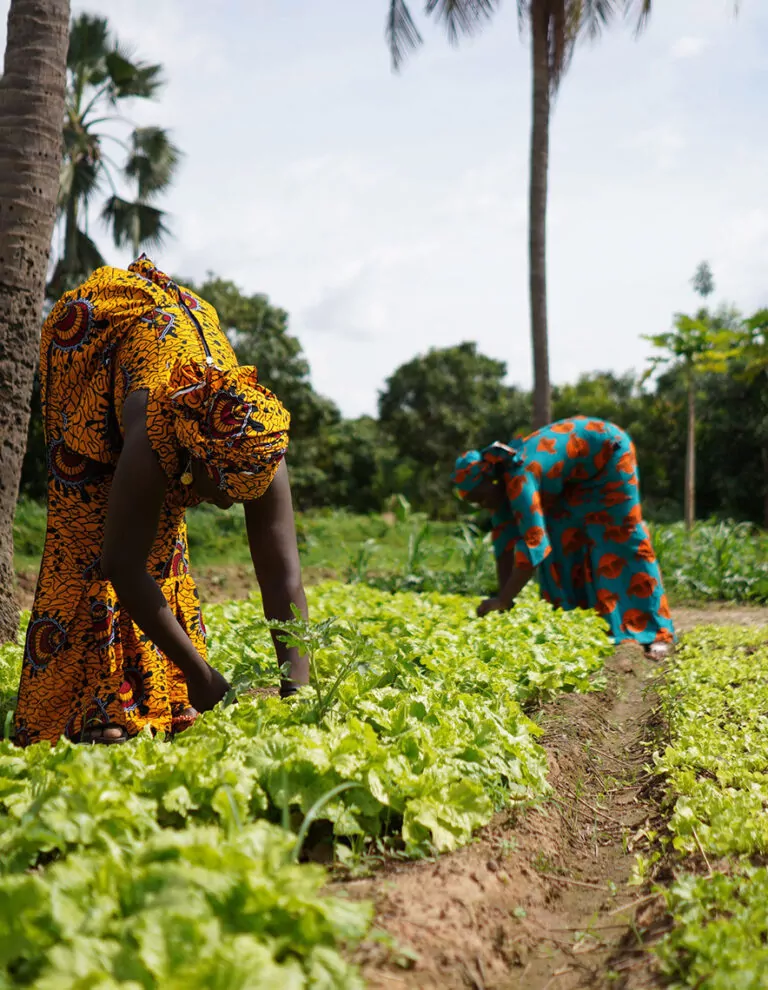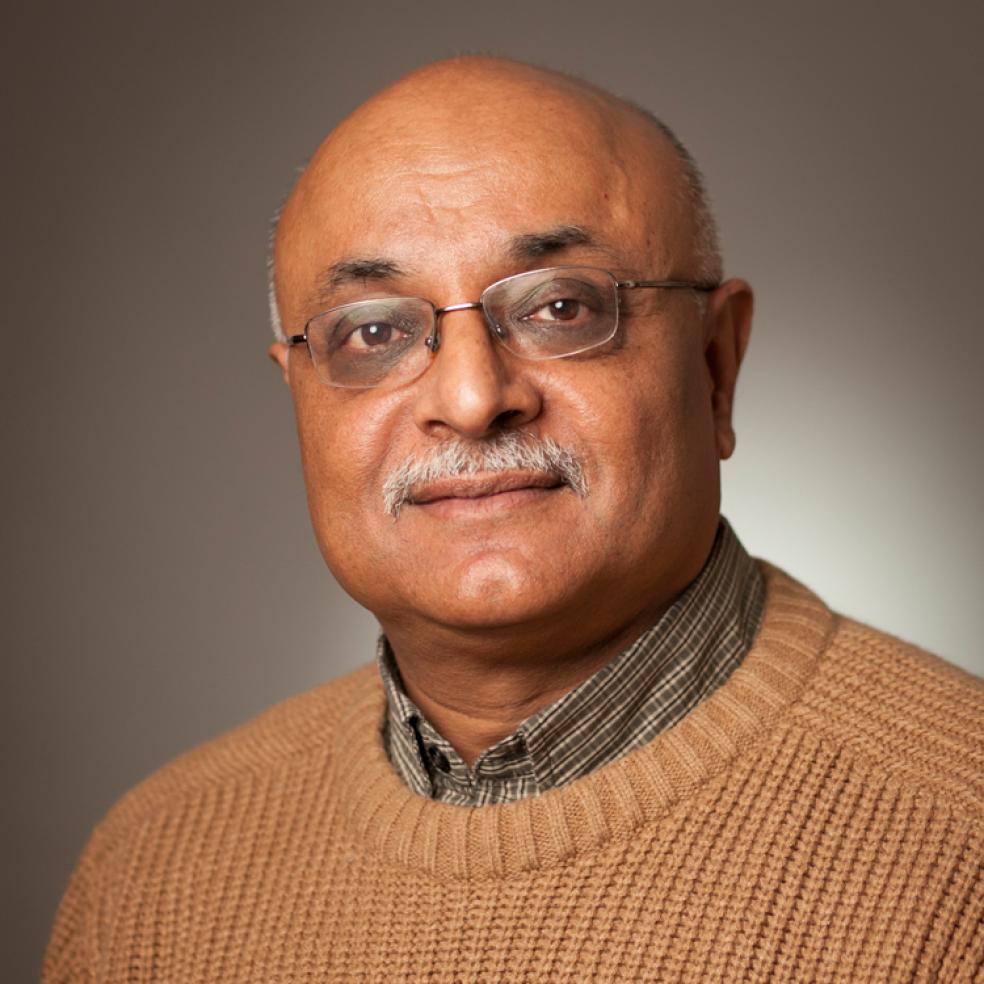
FSEC Co-Chair Professor Ravi Kanbur is a T.H. Lee Professor of World Affairs, International Professor of Applied Economics, and Professor of Economics at Cornell University. Ravi Kanbur researches and teaches development economics, public economics and economic theory. He is well known for his role in policy analysis and engagement in international development. He served on the senior staff of the World Bank, including as Chief Economist for Africa. He has been published in the leading economics journals, including Journal of Political Economy, American Economic Review, Review of Economic Studies, Journal of Economic Theory, and Economic Journal. We talked with him to understand his vision for the Commission.
What does food system transformation mean?
For FSEC, the transformation of the food system is vital to the achievement of the three crucial goals for the planet and humanity: a healthier diet, environmental sustainability, and greater inclusion. The food system plays into these three objectives in essential and interconnected ways. It produces food that is not the best for our health. It does so in a manner that is not the best for the planet, and all along the supply chain from farm to table, it does not do the best possible for reducing poverty and inequality in many dimensions. The transformation needs to address each of these issues through policies and investments that incentivize the consumption of healthy food and sustainable food production methods and improve equity rather than exacerbating inequality.
Why is the Commission’s work key in contributing to the global food system transformation?
The Commission is a scientific body charged with developing analyses of “business as usual” scenarios and alternative development paths of the food system that address better health, environmental sustainability, and inclusion. As the name suggests, a major focus is the economic analysis of alternative development paths, policies and investments that could generate these paths. We aim to provide an economic assessment of the costs of the current system, many of which are “hidden” from us when we take simple market valuations of food production and consumption—for example, the costs of ill health in consumption, of greenhouse gas emissions in production, and the social costs of inequality to which the food system contributes. The work of the Commissions will further inform policymakers faced with tough decisions on the range of tradeoffs that arise in achieving the triple goal, and on possible bundles of policy and investments that can help mitigate the tradeoffs.
Why are effective policies vital for recovery from COVID-19 negative impacts for the agro-food system?
COVID-19 has had devastating impacts the world over, and particularly on the poorest. COVID-19 has also revealed and highlighted the structural inequalities in the world, showcasing the uneven distribution in the benefits of progress. While COVID-19 recovery is, of course, the immediate and urgent task, we hope that the work of the Commission, mainly its focus on questions of inclusion and the food system in the medium and long term, will also contribute to reducing the structural inequalities to mitigate the impact of the next crisis on the most vulnerable. The Commission’s medium-term perspective will help to structure the immediate recovery policies so that they serve to prepare us better to avoid the next crisis or to better cope if it strikes despite our best efforts.

